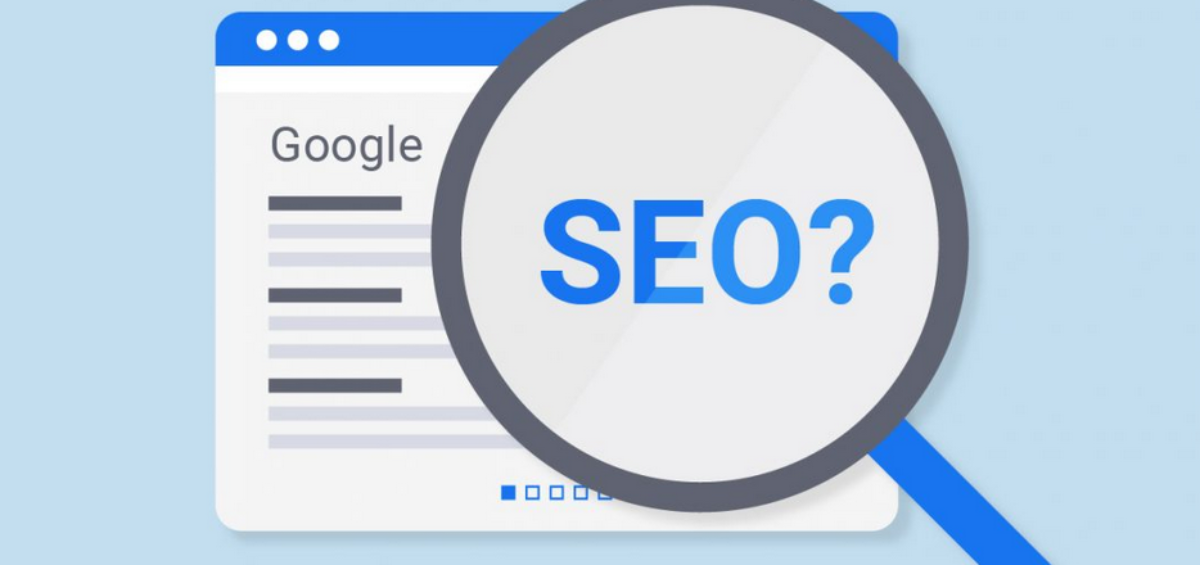Building backlinks is one of the best ways to increase traffic to your website, but not all links will help your SERP placement. Many factors are used to determine whether a link will pass authority on to your site, including total number of outbound links on the site, how reputable the site is, whether the link is follow or no-follow, and how relevant the site’s content is compared to the link back to your site. Effective backlinking isn’t simply a matter of building as many links back to your site as possible. While it’s important to spread backlinks across a wide range of sites, some links will actually hurt your rankings.
Links from Bad Neighborhood or Low Quality Sites
Google defines a bad neighborhood as a site that consistently links to other harmful or low quality sites. Free for all link pages, sites that are known to distribute malware, sites that attempt to trick visitors, link farms and other bought links are all examples of bad neighborhoods. A handful of links from bad neighborhoods won’t affect your rankings too badly, but if Google detects a pattern of linking to bad neighborhoods, you can be sure your rankings will suffer accordingly. It’s typically fairly obvious if a site will be considered a bad neighborhood by Google, but there’s an easy way to tell for certain. Simply enter “site: URL” into Google, and if nothing is returned, that site has been blocked by Google.
Irrelevant Links
Modern search engines take the relevancy of where the link is built when factoring whether or not that link will pass link juice back to your site. SEOs want links from trusted, popular websites, but these links have to be relevant. That is, if you run an e-commerce site that sells soccer equipment, it doesn’t make sense to build a link to your site on a popular blog about Thai cooking. A better way of building links to your soccer equipment store would be to post a guest blog post about soccer equipment on a sports-related blog. This way, you’d be building a link surrounded by relevant text, in front of a captive audience, and you’d be rewarded accordingly.
Relevancy and Reputability are Paramount
The most effective way of link-building is to build relevant links on reputable sites. Finding relevant opportunities to build links takes more time and effort than building links anywhere that will allow you to build a link. However, this extra effort results in longer-lasting, higher-quality results. Building a large number of low-quality, irrelevant links may provide a short term boost in traffic, but this increase will be followed by a sharp decline once Google catches on and penalizes your site.
Tyler Moore is a freelance SEO and marketing consultant from Indianapolis. Tyler specializes in white-hat SEO, and currently works with DocRaptor. DocRaptor is a web-based HTML to Excel converter that converts code to easily shared Excel files in a matter of seconds. DocRaptor can also be used for HTML to PDF conversion, and uses a simple HTTP POST request to quickly generate documents.













Add Comment